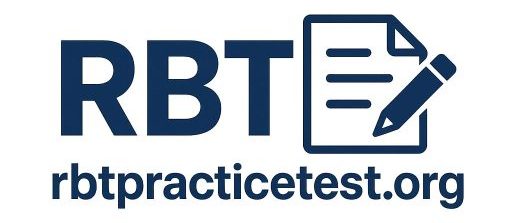Understanding the professional standards expected of RBTs is essential not only for certification but also for ethical and skillful practice. The organization that emphasizes these standards through accessible training is the Autism Partnership Foundation (APF). Answer this question below and see how much you know about RBT standards:
According to the Autism Partnership Foundation (APF), what are the RBT standards?
An RBT is a certified paraprofessional working under the supervision of a Board Certified Behavior Analyst (BCBA) to implement Applied Behavior Analysis (ABA) therapy. RBTs help clients build critical life skills, reduce problematic behaviors, and support daily functioning through evidence-based practices.
A. Minimal
B. Comprehensive
C. Adequate
D. Quality
Correct answer: B. Comprehensive
Explanation:
The Autism Partnership Foundation (APF) describes RBT standards as comprehensive, meaning thorough and well-rounded. This reflects APF’s commitment to preparing Registered Behavior Technicians (RBTs) not just to understand theory, but to apply behavioral strategies effectively in real-life settings, particularly in supporting individuals with autism.
RBT standards by APF
The Autism Partnership Foundation introduces three tiers of competence for RBTs:
| Standards | Description |
| Minimal | Basic understanding of behavior analysis principles, with limited application. |
| Adequate quality | Meets minimum standards for ethical and consistent implementation of interventions. |
| Comprehensive | Demonstrates deep understanding and flexible application of behavioral strategies. |
These tiers above are used as a training framework, not an official BACB classification, to help guide skill development and ensure service quality.
To uphold ethical standards, RBTs must master proper documentation and timely reporting of relevant variables. These competencies align closely with the expectations outlined in the documentation & reporting section, which include objective session notes, communicating with supervisors, and complying with legal requirements. Together, these sections of the task list reflect the practical foundation behind APF’s comprehensive model.
Why RBT standards matter
For anyone who take RBT exam to pass and become an RBT, RBT standards are the rule that RBTs have to commit during their therapy training or real-life session. There are some reasons why RBT standards are crucial, following:
- Promote high-quality, ethical practice among entry-level behavior technicians.
- Help trainers and clinics assess and support staff development.
- Contribute to better outcomes for individuals receiving behavioral intervention.
To support these reasons, the guide of professional conduct and scope of practice outlines how RBTs are expected to uphold professionalism when communicating with supervisors, clients, and stakeholders.
Practice with questions like this to build strong knowledge before working with real clients. Before working in real situations, every future RBT should build strong basic knowledge by studying and doing RBT practice exams. This preparation helps them do their job well and feel more confident—especially when they fully understand what is an RBT and how this entry-level role functions within the ABA framework.

